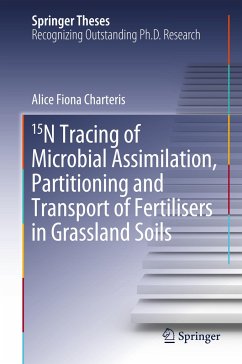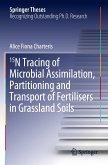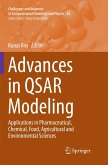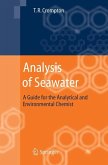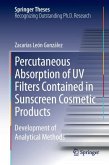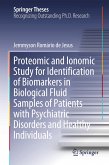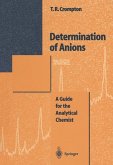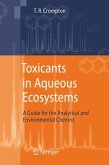This book presents innovative research on soil nitrogen cycling and nitrate leaching with a view to improving soil management and fertiliser nitrogen use efficiency and reducing nitrogen leaching losses. In this regard, nitrogen-15 (15N)-labelled fertiliser was used as a biochemical and physical stable isotope tracer in laboratory and field experiments. The major outcome of the research was the development, validation and application of a new compound-specific amino acid 15N stable isotope probing method for assessing the assimilation of fertiliser nitrogen by soil microbial biomass.
The novelty of the method lies in its tracing of incorporated nitrogen into newly biosynthesised microbial protein in time-course experiments using gas chromatography-combustion-isotope ratio mass spectrometry. The approach provides previously unattainable insights into the microbial processing of different nitrogen fertilisers in different soils. Further, it identifies the mechanistic link between molecular-scale processes and observations of field-scale fertiliser nitrogen immobilisation studies. The method and the results presented here will have far-reaching implications for the development of enhanced recommendations concerning farm-based soil management practices for increasing soil productivity and reducing nitrogen losses, which is essential to minimising environmental impacts.
The novelty of the method lies in its tracing of incorporated nitrogen into newly biosynthesised microbial protein in time-course experiments using gas chromatography-combustion-isotope ratio mass spectrometry. The approach provides previously unattainable insights into the microbial processing of different nitrogen fertilisers in different soils. Further, it identifies the mechanistic link between molecular-scale processes and observations of field-scale fertiliser nitrogen immobilisation studies. The method and the results presented here will have far-reaching implications for the development of enhanced recommendations concerning farm-based soil management practices for increasing soil productivity and reducing nitrogen losses, which is essential to minimising environmental impacts.

